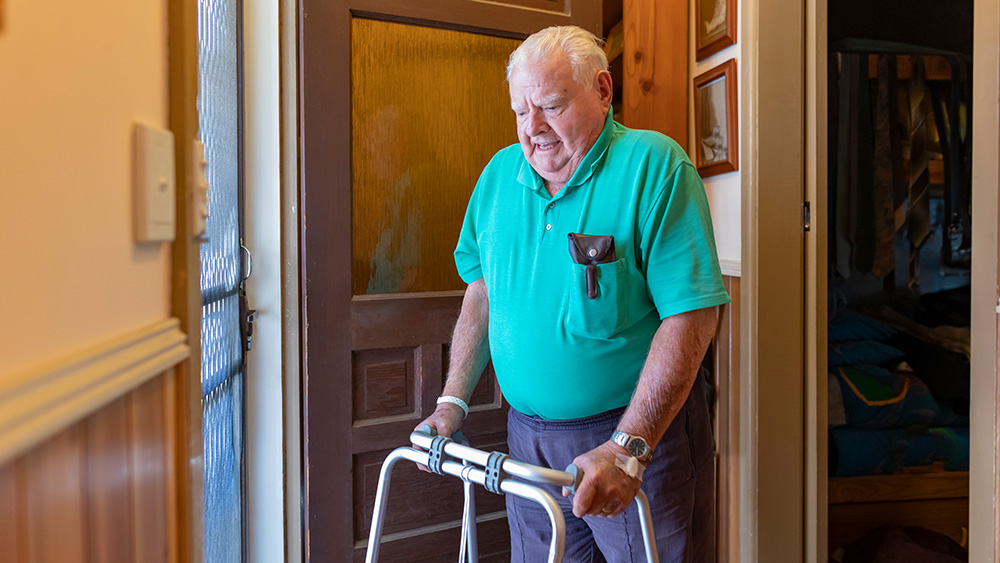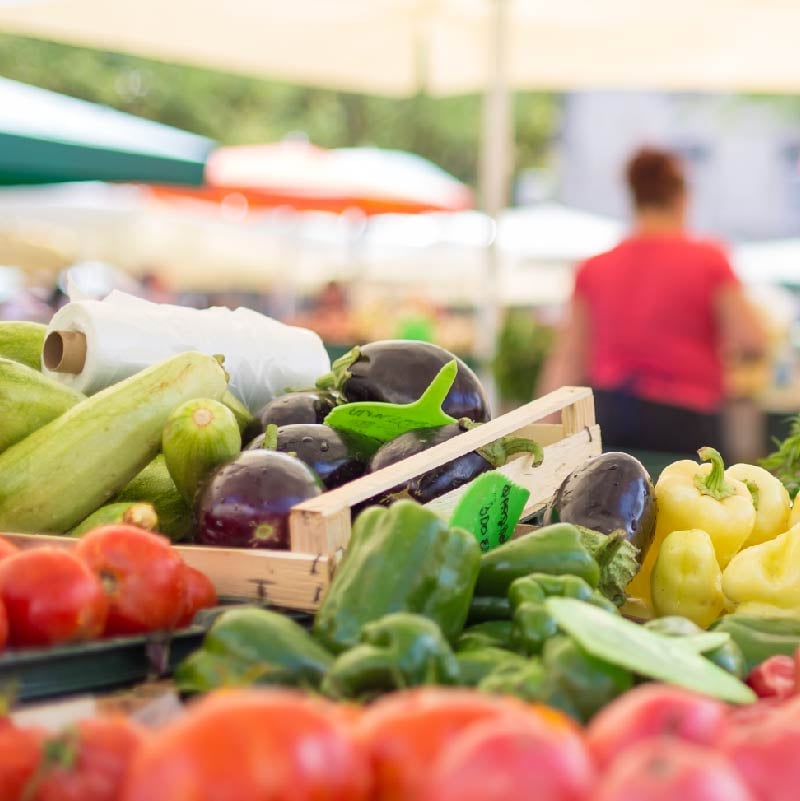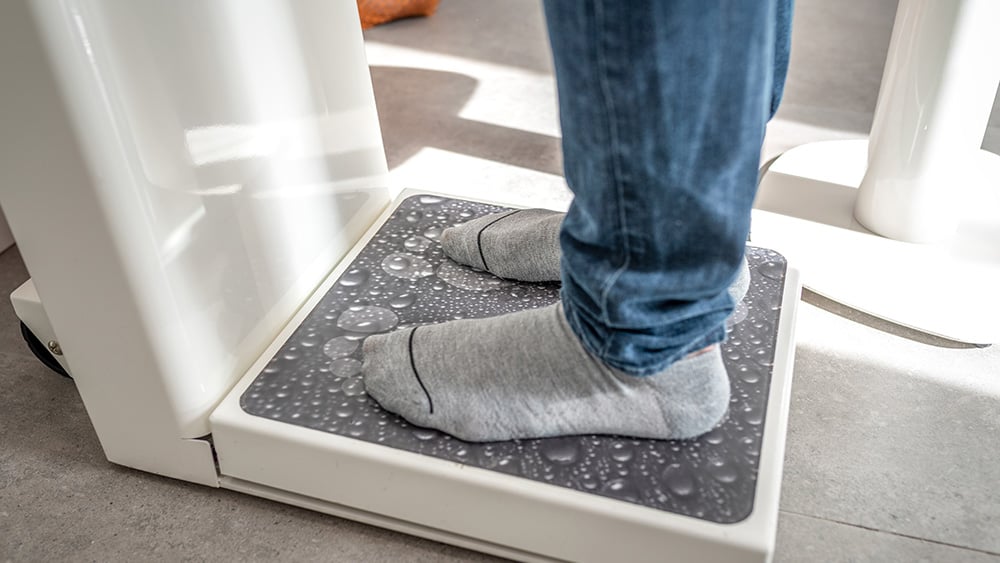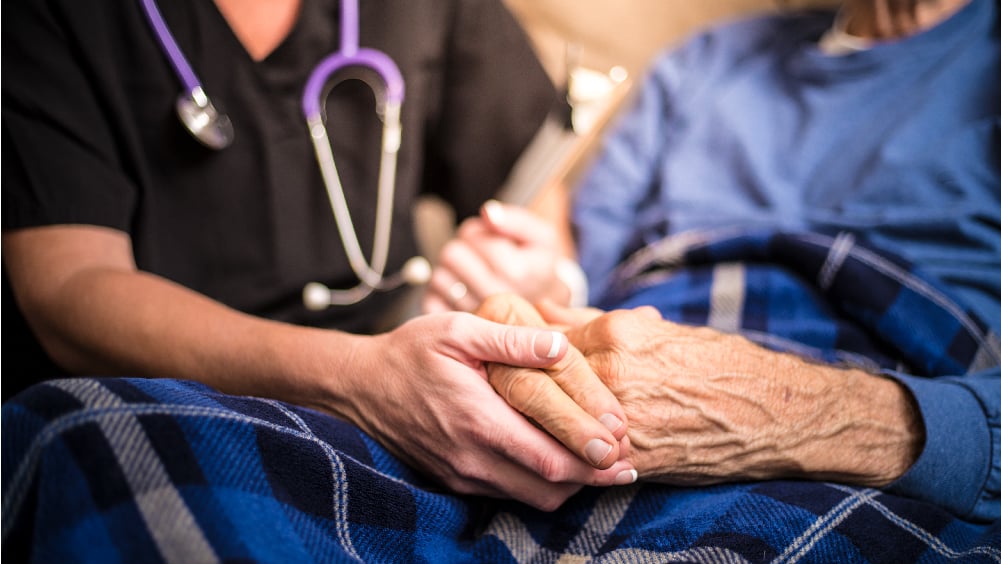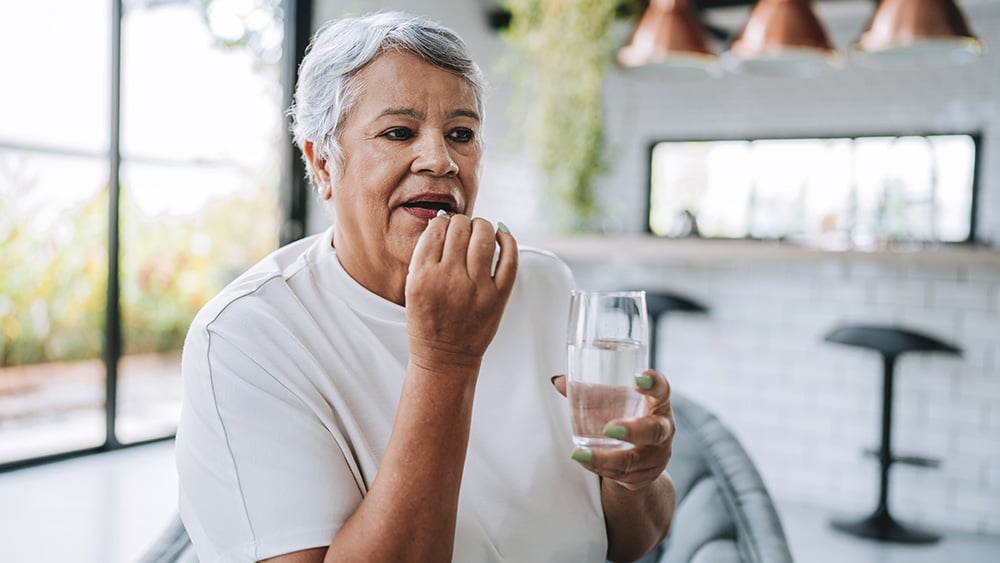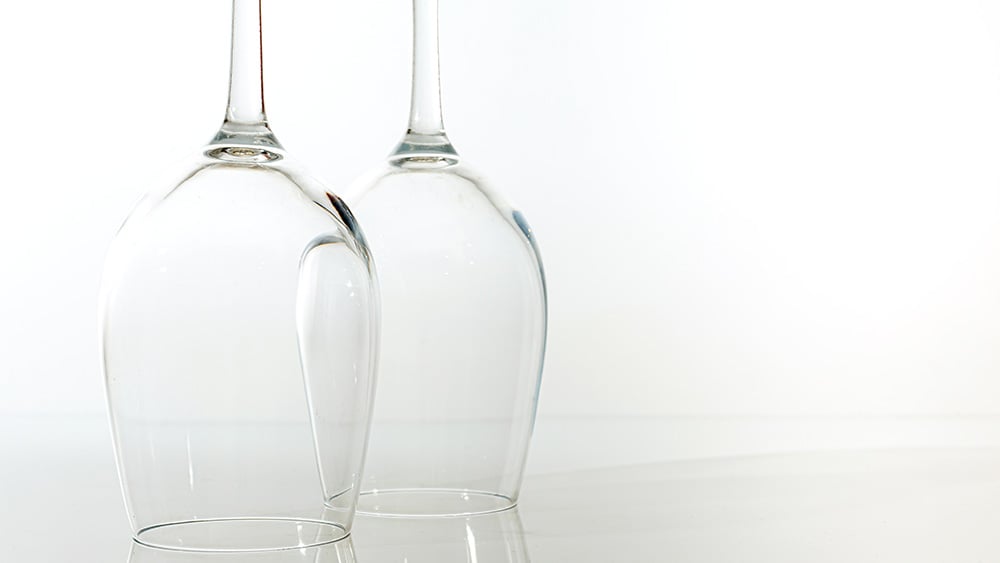Key Takeaways
- Having a well-balanced diet helps to prevent risk factors such high blood pressure, diabetes, and heart disease.
- For unplanned weight loss, try eating 6 small meals a day or consider a protein supplement between meals.
- For unplanned weight gain, add more high protein foods so you are full for longer. Reading the Nutrition Facts on the label is also helpful.
No matter how old you are, there are ways you can eat healthy to give your body the energy it needs for today and the strength it needs for the future.
Stephen Ryan, MD, MPH, AGSF, FACP, Senior Medical Director for Geriatric Medicine at Rochester Regional Health, explains how our nutrition is linked to how our bodies age, and what to do for unplanned weight loss or weight gain.
How eating healthy helps with aging
Having a well-rounded diet is excellent for maintaining longevity. Eating a variety of foods with a focus on vegetables, lean proteins, and low amounts of sugar and salt can help with reducing your risk of high blood pressure, diabetes, and heart disease.
Studies show muscle mass decreases by 3-8 percent each decade after you turn 30. After you turn 60, that decline happens faster. Protein helps to maintain muscle, so having healthy proteins in your diet such as lean meats and seafood, dairy, beans, and lentils can keep your stronger for longer.
There is mixed evidence on whether certain diets, like Mediterranean and DASH diets, can help to maintain or preserve cognitive function. At the same time, healthy eating encourages physical activity – which has been shown to boost cognitive function.
Drink plenty of water each day, avoid sugary drinks, and avoid having more than 1 alcoholic beverage. A single serving of alcohol is either a 12 oz. beer, a 5 oz. glass of wine, or 1.5 oz. of liquor.
For men and women over the age of 60, the National Institute on Aging recommends different amounts of daily calories:
Men:
Not active – 2,000-2,200 calories
Moderately active – 2,200-2,400 calories
Very active – 2,400-2,600 calories
Women:
Not active – 1,600 calories
Moderately active – 1,800 calories
Very active – 2,000-2,200 calories
What to do for unplanned weight loss
If you are experiencing unplanned weight loss, try eating six small meals per day. This way, you are eating more frequently, but not overwhelmed with the amount of food in front of you.
You may also consider a calorie or protein supplement between meals. There are many brand and flavor options available at your grocery store or pharmacy. Try to focus more about finding foods you can tolerate and enjoy rather than following a specific diet.
What to do for unplanned weight gain
If you have seen unplanned weight gain, you may want to incorporate high protein foods into your diet. High protein foods keep you fuller longer so you’re less likely to snack on unhealthy items. Some examples of high protein foods include:
- beans
- low-fat dairy
- lean meats, such as chicken, turkey, and fish
- nuts
These foods give you the protein without excessive calories or fat. You should also eat lots of fruit and vegetables, which are high in fiber and generally low in calories. Read the Nutrition Facts Label and be mindful of proper portion sizes when eating your food.
“There are many individual changes older adults know they have to adjust to as they age,” Dr. Ryan said. “In my experience, most older adults feel better when they make small gradual healthier food choices. If they need help coming up with ideas about where to start, our team members are ready to help.”



